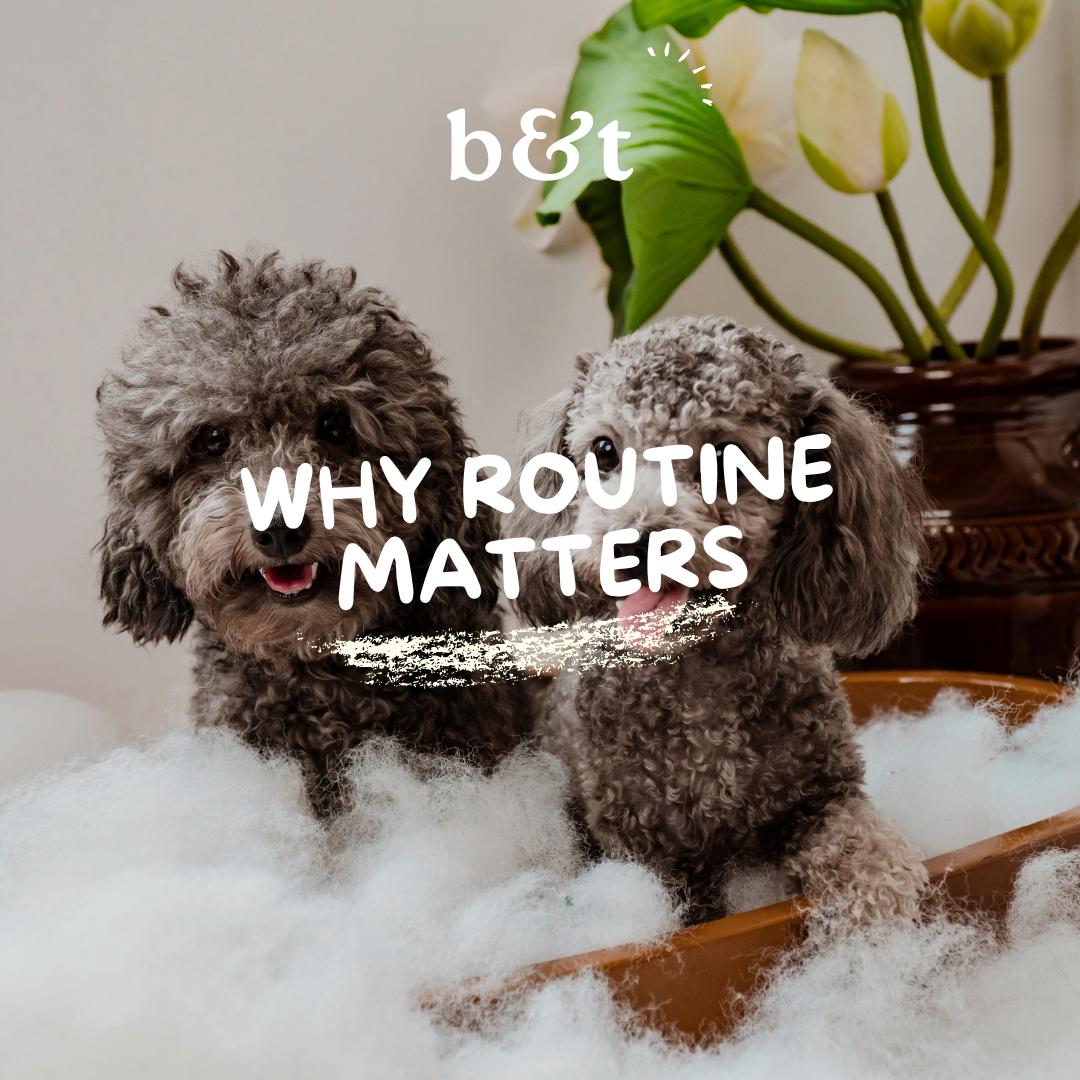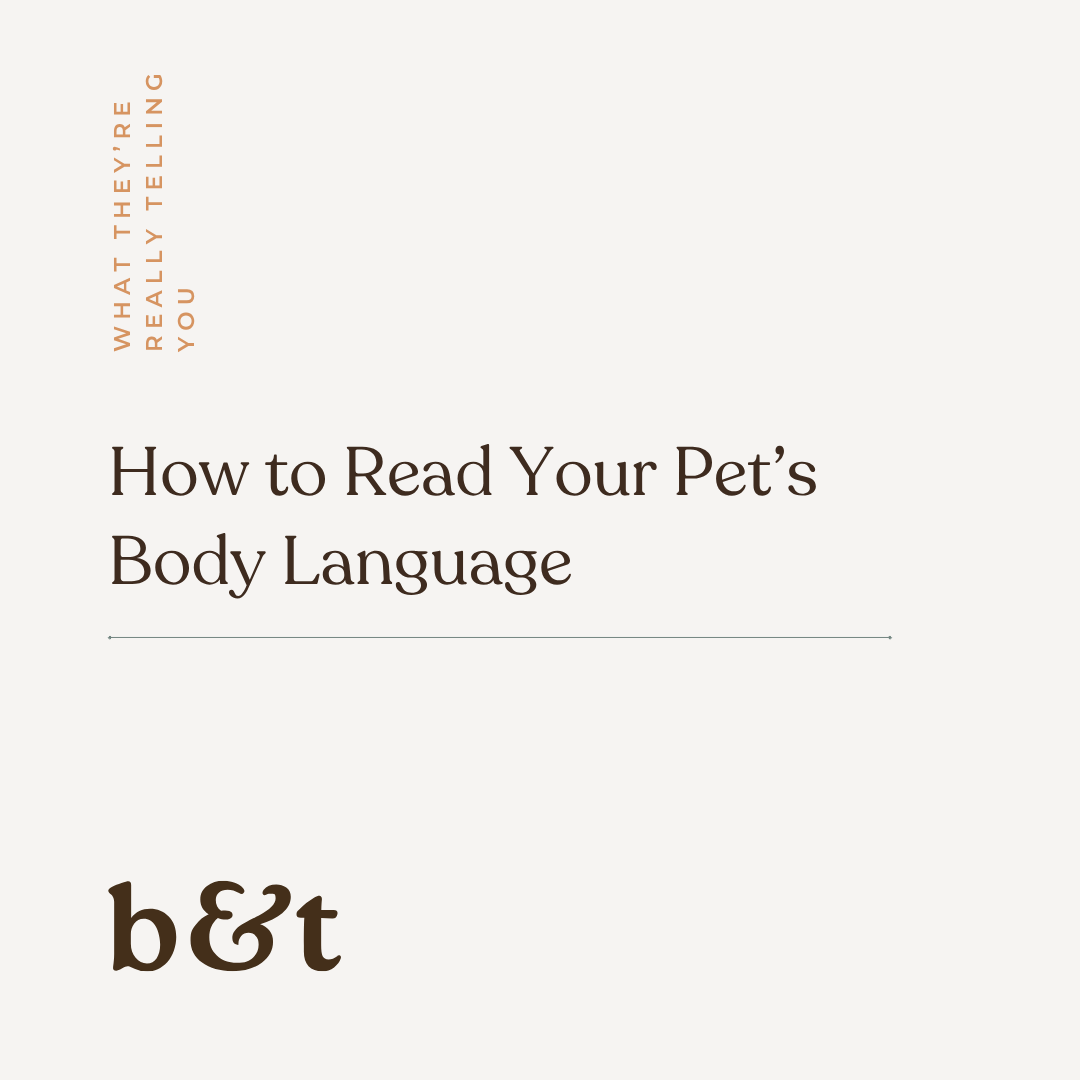
Do Pets Feel Jealousy?
Understanding Emotions in Cats and Dogs
You bring home a new puppy.
Or your attention shifts to a visiting friend.
Maybe you’re simply cuddling your phone more than your pet lately.
Suddenly — there’s a change.
A stare from across the room. A paw on your lap. A well-timed interruption.
Is it… jealousy?
At Beats and Tails, we believe our pets have rich emotional lives — deeper than we give them credit for. And while their feelings may not be identical to ours, they often mirror our most human experiences: love, insecurity, longing, and yes — sometimes, jealousy.
Let’s explore what that really means.

Do Pets Actually Get Jealous?
Science says: kind of — and in their own way.
Studies, especially those on dogs, have shown that pets can display “jealous-like behaviors” when their bond with you feels threatened or interrupted. They may not feel jealousy exactly like humans do, but they certainly react to shifts in attention, affection, and routine.
Cats, while more subtle, also exhibit behaviors rooted in resource guarding, insecurity, or social dynamics — all related to emotional displacement.
Signs of Jealousy in Dogs
-
Pushing between you and another pet/person
-
Excessive barking or whining when ignored
-
“Accidental” bad behavior (chewing, peeing indoors)
-
Demanding attention more than usual
-
Guarding toys, beds, or even you
Signs of Jealousy in Cats
-
Hiding or avoiding you
-
Knocking things over to get attention
-
Aggression toward another animal or person
-
Sudden change in litter box habits
-
Overgrooming or stress-related behaviors
These aren’t signs of misbehavior — they’re emotional signals.
Why It Happens
Jealousy often stems from one key fear: disconnection.
Pets, especially those deeply bonded to us, rely on consistent affection, attention, and presence. When something new enters their world — a baby, another pet, a new routine — it can feel like their place is being replaced.
They may feel:
-
Confused or displaced
-
Anxious about losing your attention
-
Unsure of their role in the new dynamic
And in their own way, they ask: “Am I still your favorite?”
How to Support Them Gently
You don’t need to choose between your pet and life changes — but you can guide them through the transition with more compassion.
1. Acknowledge Their Feelings
Don’t scold them for being “clingy” or reactive. Instead, respond with calm presence.
2. Create Special One-on-One Time
Even 10 minutes of focused, uninterrupted play or cuddling can restore their emotional balance.
3. Reaffirm Their Space
Keep their routine intact: same bed, same feeding rituals, same quiet moments.
4. Use Touch and Voice as Anchors
Your tone, your scent, your energy — it’s all grounding for them. Be slow, soft, and intentional.
5. Reward Calm Curiosity
If they’re exploring something new (like a new baby or visitor) with interest rather than fear, offer praise and comfort.
Final Thought: Jealousy Is a Sign of Love
When your pet acts out, it’s rarely to “annoy” or manipulate. It’s a sign of emotional depth — of a bond so strong, they don’t want to lose it.
And just like us, they need reassurance. Not with words, but with presence.
With the way you look at them, the way you brush their fur, the way you say “you’re still my favorite, always.”

Because love, in any language — even silent, furry ones — always wants to feel safe.
Let me know if you’d like this turned into a social media mini-series or newsletter edition!

